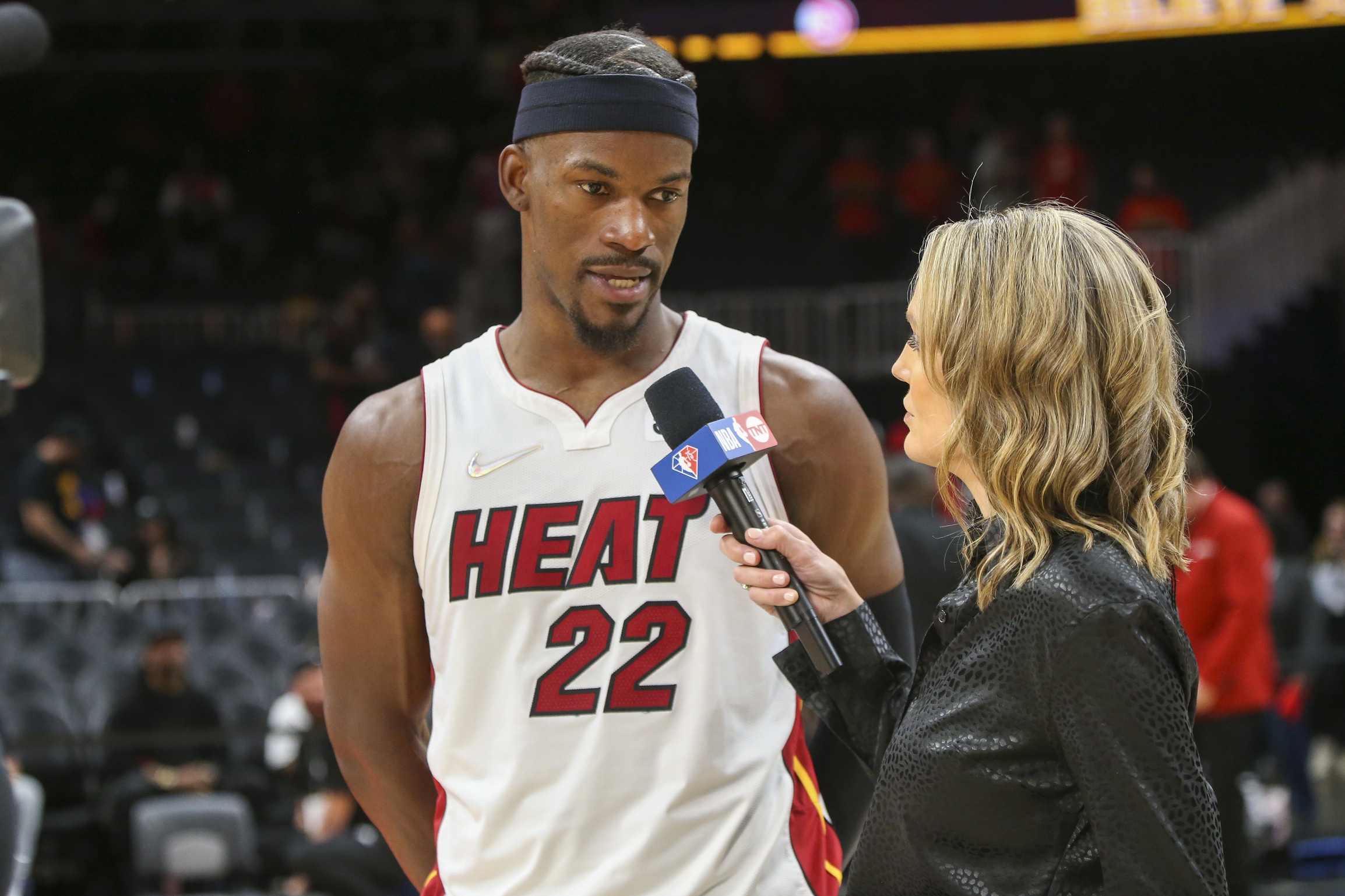The hidden factor in Florida’s property insurance crisis
After Hurricane Ian walloped Florida last week, headlines blared that the state’s insurance industry could be crippled.
- Six Florida property insurance companies were declared insolvent this year, and others are canceling or not renewing policies.
Between the lines: Experts tell Axios the major problem Florida’s insurance companies are facing isn’t weather. It’s litigation.
- Florida has “one of the most generous attorney-fee mechanisms in the country,” according to the Insurance Information Institute. That can sometimes result in policyholders’ attorney fees costing insurers far more than the awards to homeowners, and it creates a “favorable litigation environment” overall, the institute reports.
- Florida accounts for about 9% of homeowner insurance claims in the nation, but 79% of homeowners insurance lawsuits, according to the state Office of Insurance Regulation.
Plus: Rampant roofing scams have also been problematic. Roofers do work on a home and persuade a homeowner to engage in an “assignment of benefits” — give the roofer power to deal with the insurance company directly.
- The roofer submits a claim to be paid, but if the insurance company deemed the work unnecessary and refused to pay, the roofer would sue, prompting the insurer to either settle the lawsuit or get into litigation.
Yes, but: A law passed last year was designed to rein in attorney fees and assignment of benefits to crack down on frivolous lawsuits.
- Property insurance firm VYRD’s decision to launch in the state last year was “directly attributable” to that, Insurance Journal reported.
What they’re saying: “While major weather events are very much a factor, the number one reason carriers are telling us they are slowing growth, taking on less risk, shutting down new business, or going out of business, is due to rising litigation costs,” said Lauren Menuey, managing director at Goosehead Insurance.
- “Carriers can weather the storm as they have for decades; they survive and even thrive through hurricanes, wildfires, hailstorms, and the like,” Menuey told Axios. “What is unique about Florida is the extreme litigation pressure in the market.”
Menuey said that unless there’s “meaningful tort reform,” they don’t expect the state’s insurance crisis to improve anytime soon.
- “Unfortunately, it is the homeowner who suffers most in this environment.”
The intrigue: Kin is among the few insurance companies to have launched in Florida in recent years, and the firm’s approach is to harness technology to cut costs.
- Kin uses machine learning to collect and organize data from many sources — down to what shape of roof a home has. It can then offer customized pricing: a resilient house may be offered cheaper insurance, while next door, a less resilient one might be charged a higher rate.
- Kin’s insurance is marketed and sold directly to homeowners, rather than through insurance brokers, so Kin doesn’t have to pay commissions to brokers.
- After a storm, traditional insurers send human adjusters to assess damage. At Kin, CEO Sean Harper said, “We pay to fly planes over wherever the storm happened. And we’re actually able to train a machine to tell which homes are damaged.” That automates what’s typically a labor-intensive process.
Yes, but: Property insurers like Kin only cover wind damage, which most often affects roofs. Only about 13-15% of Florida homeowners have flood insurance to cover water damage, mostly through a federal program that is stressed.
- Harper suggested that mortgage banks, which require homeowners to carry property insurance, should begin also to require flood insurance.
The bottom line: “There always be insurance available,” Harper said. “It’s just going to suck. It’s just going to be expensive.”



